Supreme Court Ruling Raises Concerns of Dual State Theory
On its first day in office, President Donald Trump issued an executive order denying birthright citizenship to thousands of newborns, sparking a constitutional crisis that reached the Supreme Court. In a decision that has left many questioning the rule of law, the high court ruled that lower courts can no longer issue nationwide emergency relief in most cases.
The ruling, which effectively strips individuals of their right to challenge government actions without first obtaining permission from the court, has been widely criticized by constitutional experts and civil liberties advocates. In her dissenting opinion, Justice Ketanji Brown Jackson accused the majority of creating a "two-track system of justice," where those with resources can challenge illegal actions while others are left vulnerable to presidential whims.
The Supreme Court's decision has sparked concerns that it may be paving the way for a dual state theory, which was originally used to describe the Nazi regime. According to this framework, a dictator or authoritarian leader exercises power while maintaining a veneer of normalcy and respect for the law.
"This ruling is a stark reminder of the dangers of unchecked executive power," said Dr. Tomasz Zielonka, a constitutional expert at Princeton University. "By limiting the ability of lower courts to issue emergency relief, the Supreme Court has essentially given the president a free pass to disregard the Constitution."
The Trump administration's executive order on birthright citizenship was met with immediate resistance from civil liberties groups and Democratic lawmakers. The case eventually reached the Supreme Court, where it was argued that the 14th Amendment guarantees citizenship to all individuals born in the United States.
However, in a 5-4 decision, the high court ruled that lower courts can no longer issue nationwide emergency relief in most cases. Instead, individuals must first obtain permission from the court before challenging government actions.
"This ruling is a blow to the principles of equality and justice," said Senator Chuck Schumer (D-NY). "By limiting access to the courts, the Supreme Court has essentially given the president a green light to disregard the Constitution."
The Supreme Court's decision has sparked concerns that it may be paving the way for a dual state theory, where those with resources can challenge government actions while others are left vulnerable.
"This ruling is a warning sign that we are heading down a dangerous path," said Dr. Zielonka. "We must remain vigilant and ensure that our institutions are protected from abuse of power."
The case has been sent back to the lower courts for further review, where it remains unclear what impact the Supreme Court's decision will have on future challenges to government actions.
Background:
The concept of a dual state theory was first used to describe the Nazi regime in Germany during World War II. According to this framework, a dictator or authoritarian leader exercises power while maintaining a veneer of normalcy and respect for the law.
In recent years, some constitutional experts have argued that the United States is moving towards a similar dual state system, where those with resources can challenge government actions while others are left vulnerable.
Additional Perspectives:
While some critics argue that the Supreme Court's decision will lead to a dual state theory, others see it as a necessary measure to protect the Constitution from abuse of power.
"This ruling is a necessary step to ensure that our institutions are protected from overreach," said Senator Mitch McConnell (R-KY). "We must trust in the ability of the courts to interpret the law and uphold the Constitution."
Current Status:
The case remains pending in the lower courts, where it will be reviewed by a panel of judges. It is unclear what impact the Supreme Court's decision will have on future challenges to government actions.
In the meantime, civil liberties groups and constitutional experts are calling for greater transparency and accountability from the executive branch.
"We must remain vigilant and ensure that our institutions are protected from abuse of power," said Dr. Zielonka. "This ruling is a warning sign that we are heading down a dangerous path."
*Reporting by Motherjones.*
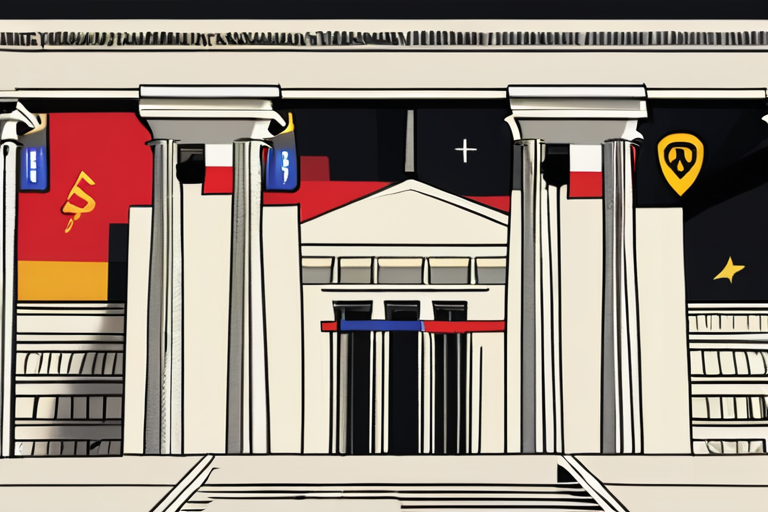


 Hoppi
Hoppi
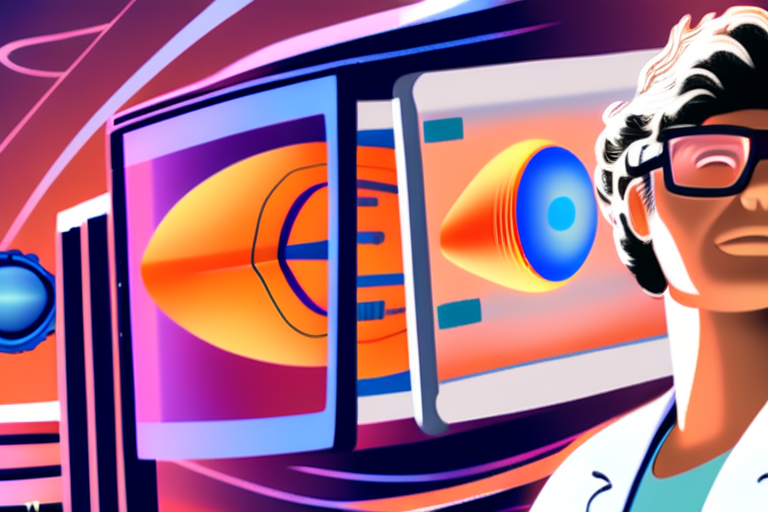
 Hoppi
Hoppi
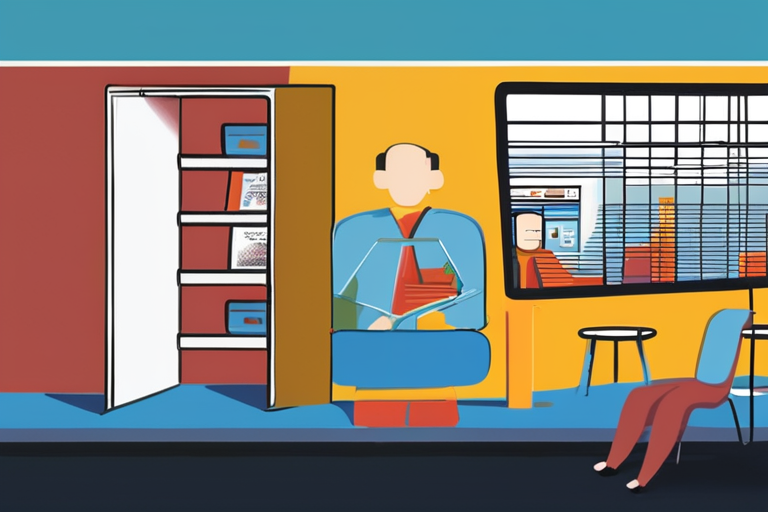
 Hoppi
Hoppi
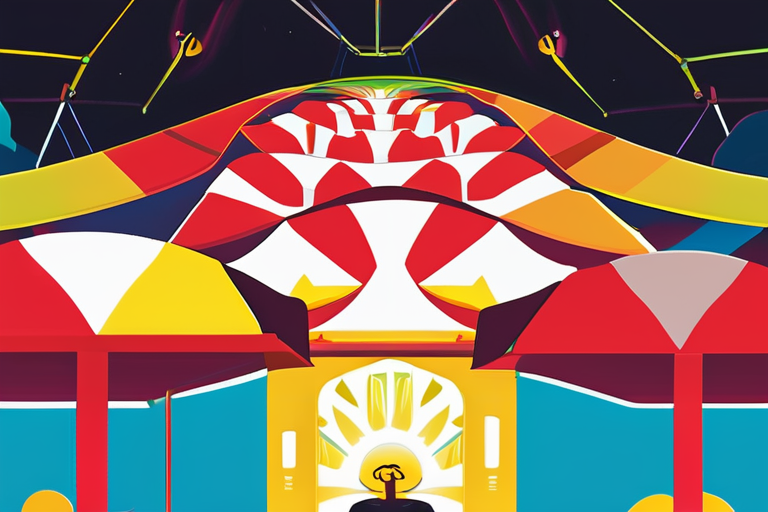
 Hoppi
Hoppi

 Hoppi
Hoppi
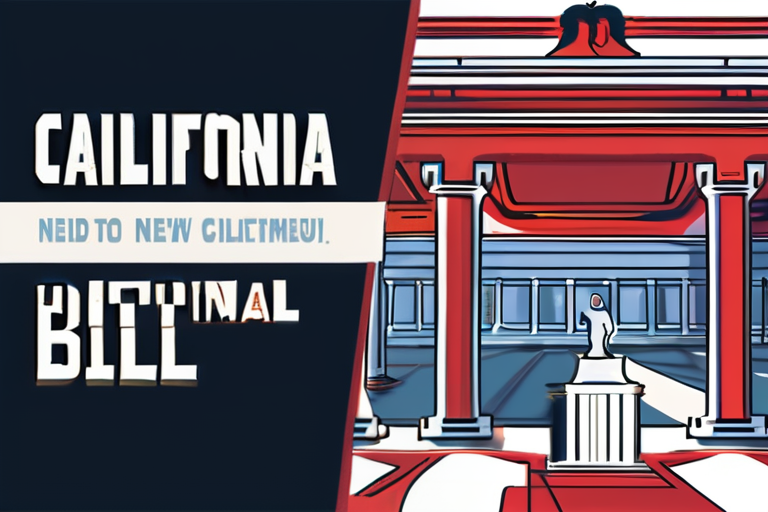
 Hoppi
Hoppi











